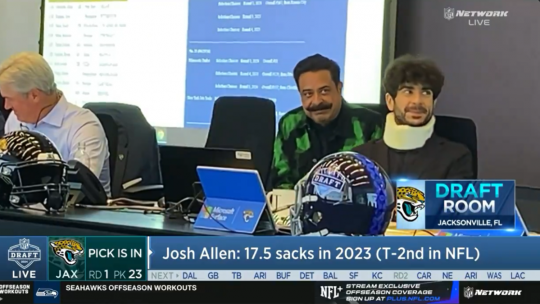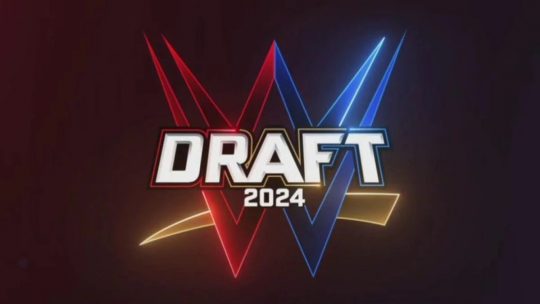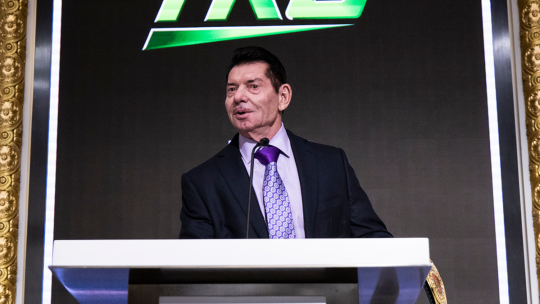New York Governor Andrew Cuomo recently announced that large stadiums and arenas within the state will be officially allowed to re-open and resume holding public events starting on February 23rd.
This new order covers venues with a capacity of 10,000 or more, which will be limited to a maximum of 10% capacity for sporting and concert events. All events also must first get approval from the New York Department of Health in order to be held.
All approved events will also be required to enforce strict COVID-19 safety measures, including mandatory wearing of face masks and social distancing policies. All fans attending these events must also show proof that they have tested negative for the coronavirus within 72 hours prior to the start of the event in order to be allowed admission.
This announcement by Governor Cuomo also includes professional wrestling events. WrestlingInc reported that it is currently not known if WWE nor AEW are considering plans to hold events in the state within the near future as a result. It was reported that under the new capacity limit, Madison Square Garden would only be allowed around 2,000 fans, Barclays Center would be allowed around 1,600 fans, and Nassau Coliseum would be allowed around 1,500 fans for wrestling events.
Governor Cuomo Announces Sports and Entertainment Events in Major Stadiums and Arenas Can Reopen with Limited Spectators Beginning February 23
Events Permitted to Re-Open in Arenas and Stadiums with a Capacity of 10,000 People or More
Using the Buffalo Bills Pilot Program as a Model, Facilities Will Be Required to Follow Similar Operational Guidelines in Order to Re-Open
Barclays Center Already Approved to Re-Open on February 23 for Brooklyn Nets Home Game Against the Sacramento Kings
Success of this Initiative to Help Inform the Future Re-Opening of Smaller Venues
Governor Andrew M. Cuomo today announced that, building off of the successful Buffalo Bills pilot program, sports and entertainment events in major stadiums and arenas with a capacity of 10,000 or more people can re-open with limited spectators beginning February 23. Following the model established as part of the successful Buffalo Bills pilot program, venues and events must follow similar guidelines, including Department of Health approval for venues and events, capacity limitations, testing requirements, mandatory face coverings, temperature checks, and assigned, socially distanced seating.
The Department of Health’s work to inspect eligible venues statewide is already underway, and thanks to that work, the Barclays Center has been approved to re-open on February 23 for the Brooklyn Nets home game against the Sacramento Kings. The success of this, and similar events in approved venues over the coming weeks will help inform the re-opening process for smaller venues in the future.
“While we continue to fight COVID on multiple fronts, we must also get this economy re-opened intelligently and in a balanced way,” Governor Cuomo said. “Live sports and entertainment have long been engrained in the fabric of New York and the inability to hold events has only added to the isolation we have all felt at the hands of this virus. Thankfully, our pilot program to reopen Buffalo Bills games to fans was an unparalleled success and now we are taking that model and expanding it to other large venues across the state to not only reinvigorate local economies, but also help bring some fun and joy back into people’s lives as safely as possible.”
Specifically, in order to re-open venues to professional sports, sites must:
* Obtain DOH approval for both venues and events
* Institute a 10 percent capacity limit in arenas and stadiums
* Ensure all staff and spectators receive a negative COVID-19 PCR test within 72 hours of the event
* Mandate face coverings, social distancing and temperature checks for all those in attendance
* Mandate assigned, socially distanced seating
* Collect contact information from all those in attendance to help inform contact tracing efforts
* Meet enhanced air filtration, ventilation and purification standards
* Ensure retail, food services and athletic activities abide by all state-issued guidance
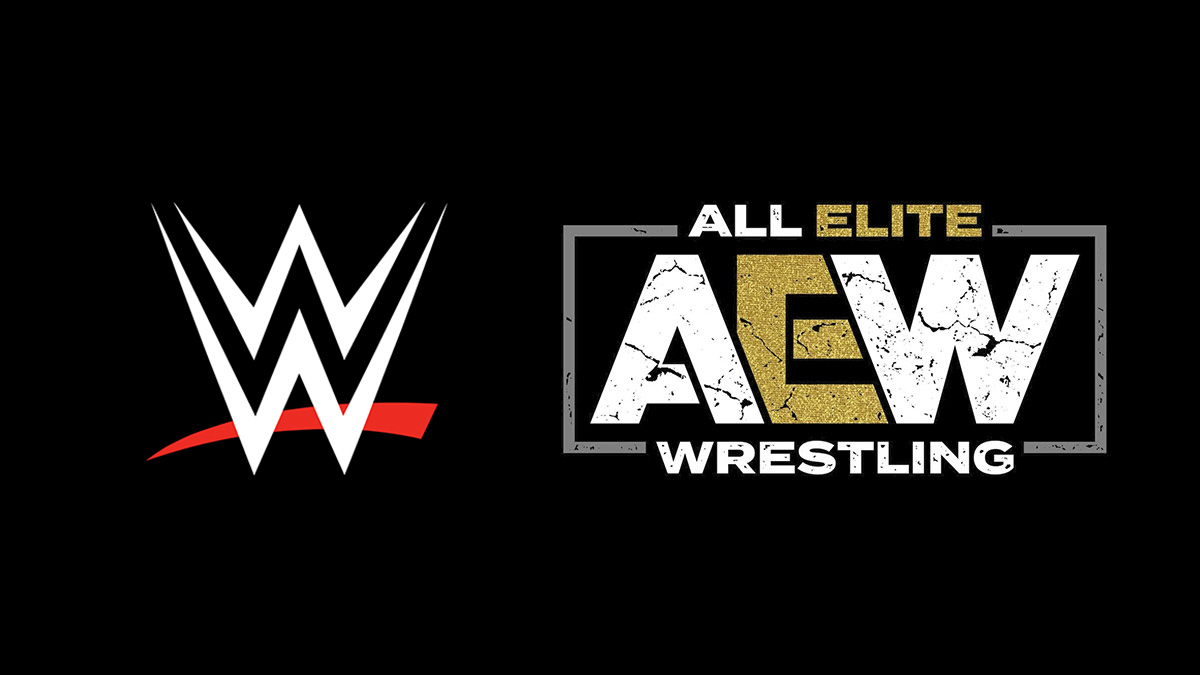
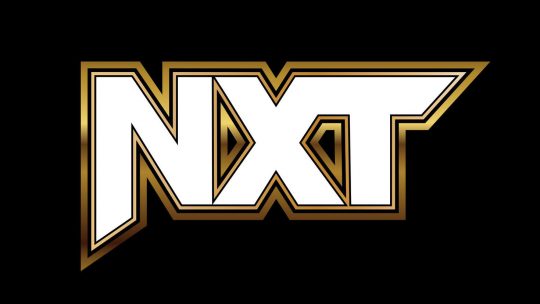 WWE NXT Ratings – April 23, 2024 – Up
WWE NXT Ratings – April 23, 2024 – Up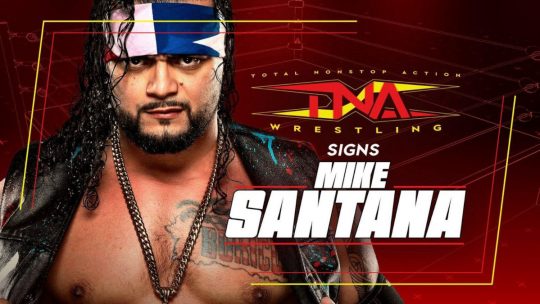 Various: Mike Santana Signs TNA Contract, Jon Moxley NJPW Contract Update, FTC Approves New Ban on Non-Competes Clauses, Indies
Various: Mike Santana Signs TNA Contract, Jon Moxley NJPW Contract Update, FTC Approves New Ban on Non-Competes Clauses, Indies WWE: More on Cameron Grimes Release & Career Future, Trick Williams on NXT Title Victory, More News
WWE: More on Cameron Grimes Release & Career Future, Trick Williams on NXT Title Victory, More News